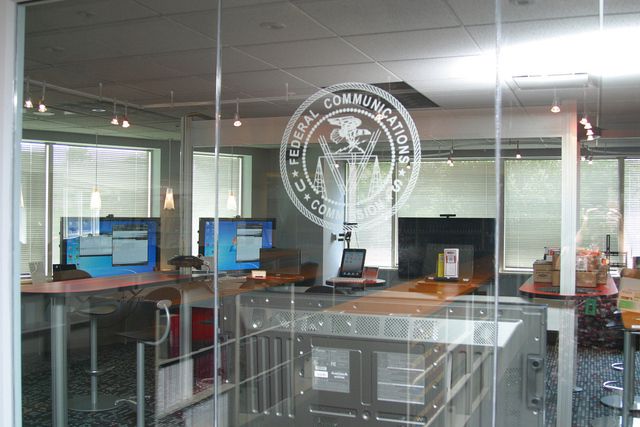Last Friday, the FCC updated information on its upcoming 2016 broadcast incentive auction, increasing the estimated opening bids from an estimate released in October. However, the Expanding Opportunities for Broadcasters Coalition, a broadcaster group, believes that the value predicted is far too low.
These opening bid estimates are in relation to the first part of the two-part auction, due to take place in early 2016. This first part will be a “reverse” auction in which broadcasts agree to sell the rights to their spectrum. In this reverse auction, the maximum opening bids are as high as they go.
This reverse auction will work on what’s called a descending clock format whereby bidding prices fall in each round. Broadcasters can exit without penalty, and prices continue to drop until the number of willing broadcasters meets a number set by the Commission.
In New York City, the maximum opening bidding price is set at $870 million, with the second most valuable market (LA) being set at $630 million. Median average prices for those two markets are $660 million and $560 million respectively. And it’s these prices that have seemingly upset a group of broadcasters.
“Since the auction goes only down from the starting prices, stations in these markets have no chance of ever seeing the original Greenhill expected values,” Padden said, according to Broadcasting & Cable. “That is why the starting price formula has to be changed as suggested by the coalition.”
It’s the second part of the auction that most interests T-Mobile and its fans. Because, once the reverse auction has taken place, a more traditional auction unfolds in which carriers and other companies can bid on spectrum licenses. The spectrum on auction is 600MHz frequency, and offers the opportunity for T-Mo to acquire more low-band airwaves to bolster its network and improve indoor LTE coverage further that it will have done with its current band 12 network.
This is the auction initially planned to take place at some time this year. But after legal-hold ups between the Commission and the broadcasters, the FCC only expects to start accepting applications towards the end of 2015. This inevitably meant that the auction itself was delayed.
Of course, this delay buys T-Mobile a little more time to raise extra funds necessary to buy the spectrum, and could prove to be a blessing in disguise. There’s a lot more detail to read in the sourced articles below, so be sure to give them a read.
Sources: Broadcasting Cable, Fierce Wireless, WSJ (sub. required), Wireless Week, FCC (PDF)

